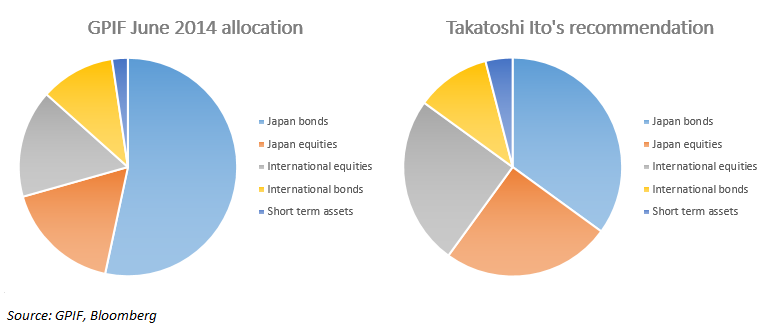The New Jersey Division of Investment has hired a deputy director to help manage $80 billion in state pension fund assets.
Corey Amon joins the fund from the corporate pension world. He has spent the last three years in Miami as assistant treasurer of Ryder System, a Fortune 500 trucking and logistics company. But Amon spent the bulk of his career to date as an asset manager. From 1995 through 2011, he worked at a BMO Global Asset Management division called Taplin, Canida & Habacht.
Amon’s first day at the pension’s Trenton offices is set for October 20, a treasury department spokesperson told CIO. He will report to and work closely with Chris McDonough, the fund’s director and #77 on this year’s Power 100 list. McDonough said he and the team are “delighted to have Corey joining the division of investment.”
McDonough noted Amon “has nearly 20 years of investment experience,” including service as a fiduciary. “We expect him to play an intricate role in all aspects of portfolio and operations management at the division,” the director concluded.
Despite its massive size and consistent outperformance, New Jersey’s pension fund has struggled to hold onto its top investment staff. Its pay packages are thin even by public fund standards, and offer no incentives for performance.
McDonough, for example, earns a $185,000 salary, according to public records.
The division has several times been finalist for CIO’s Industry Innovation Awards, and McDonough is up this year for the inaugural Next Generation Award.
Related Content:NJ Pension Names Acting Director to Top Job & Forty Under Forty: Chris McDonough

